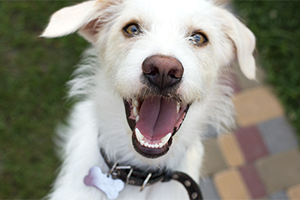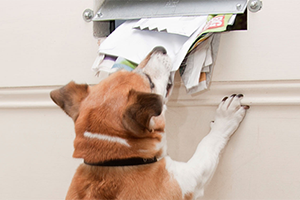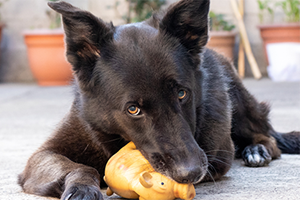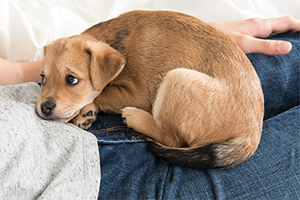If your usually cheerful pup seems down during the colder, darker months, you might not be imagining it. While dogs don’t experience seasonal affective disorder (SAD) in the clinical sense that humans do, there’s growing awareness that seasonal changes can influence their mood and behaviour.
In this article, we’ll explore what might be behind these low moods, the signs of depression in dogs, and gentle, practical ways to help your pet feel more like themselves again.

















